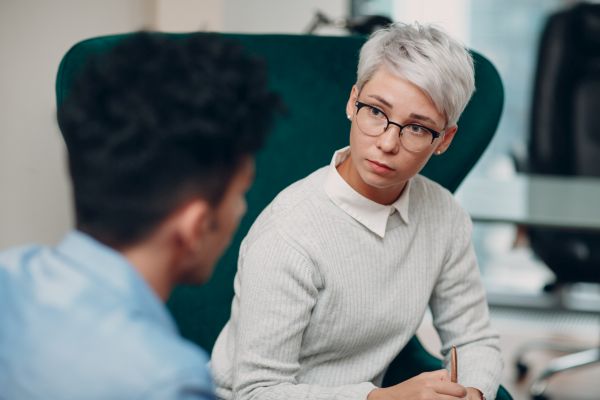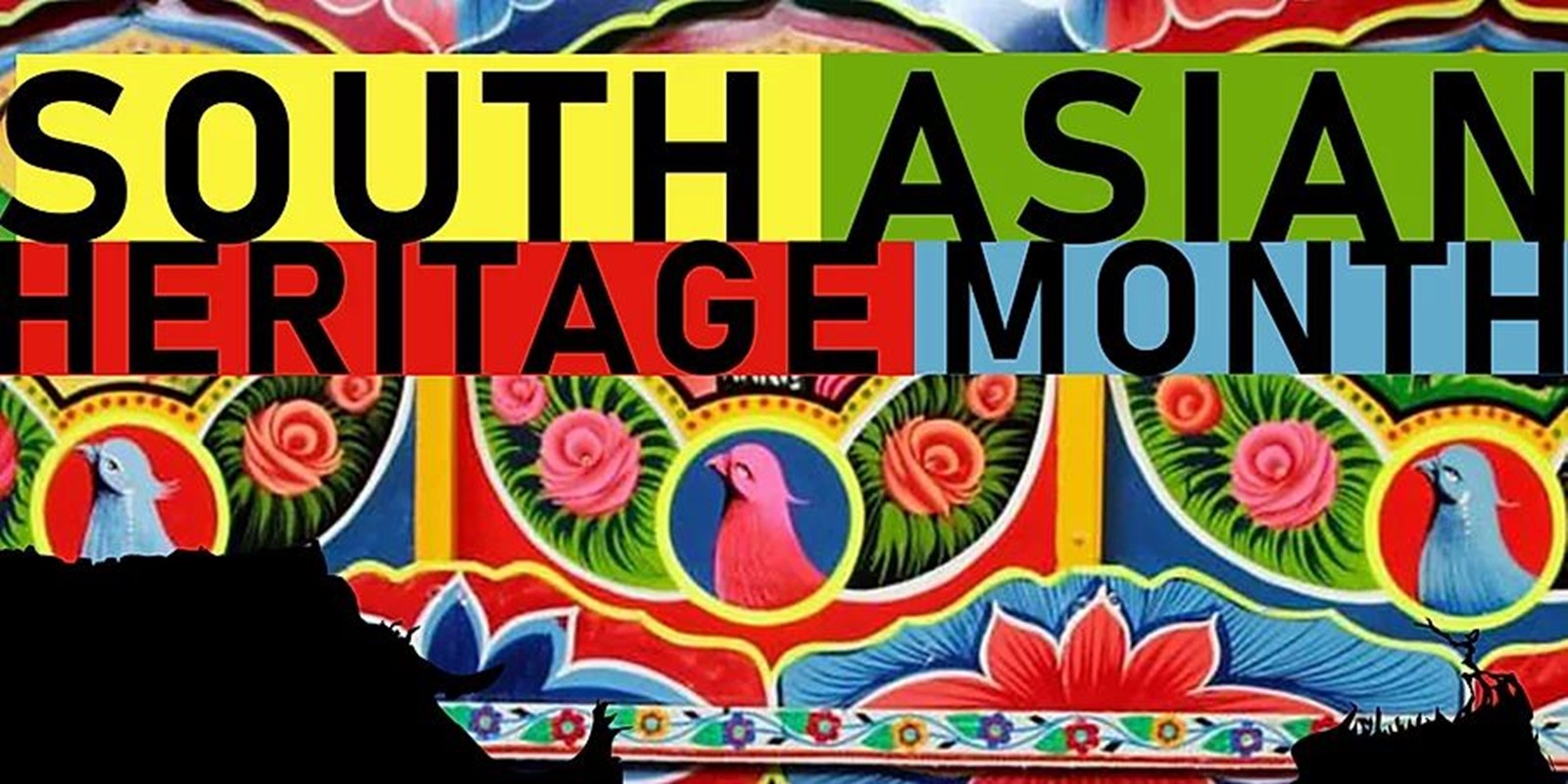I am beyond excited to see the first ever South Asian Heritage Month in the UK! Launched on 18 July and running to 17 August 2020, the whole month is a chance to celebrate and raise the profile of British South Asian history, arts, culture, and the heritage of India, Pakistan, Bangladesh, Sri Lanka, Nepal, Bhutan and the Maldives.
It has been 73 years since India gained its independence from British colonisation. India became independent, while the country was divided into India and Pakistan. Partition saw the displacement of millions resulting in violent protests and deaths, the effects of which remain for both nations today.
The first and second-generation migrants of the British South Asian community hold a shared understanding and history of trauma, loss, and courage. The culture traditionally recognises pain as physiological symptoms rather than emotional. Western trauma philosophy is deeply rooted in the understanding of the connection between trauma and the body. Often, I hear my community expressing their pain through bodily symptoms such as aches, migraines, back issues, digestion, and mobility issues. To access the emotional pain, we must work with the physiological expression of pain.
Third generation British born South Asians have their own struggles to navigate: intergenerational trauma, cultural tensions between the east and west and strong expectations and pressures. I appreciate I am generalising cultural themes here and recognise that we are all individuals with our own unique stories to share alongside our collective experiences.
Traditional healing
Traditional healing in the South Asian culture is done through the arts, music, dance and food as well as through yoga, meditation, body massages, praying, incense sticks and herbal or alternative medicinal recipes that usually involve turmeric! Both body and mind are being attended to through a cultural lens.
So, where does talking therapies fit in in this healing process? Our profession remains incredibly difficult for South Asian clients and therapists as it does for most marginalised communities. We must now dismantle barriers and become a profession that is inclusive for all. There is a place for talking therapies within the culture, however a history of abuse of power and oppression has been cemented.
For trust to be built, the South Asian community must see themselves represented within the profession, and currently this is not the case. Marketing of therapy services must show diversity and inclusion. References to traditional healing methods must also be validated, so that the community understands counselling and psychotherapy are not threatening the status quo. We can stop asking “how do you feel” and instead use language that is accessible.
Meet clients where they want to be met
Confidentiality is a concern for the community, they do not want their personal business out there. Person-centred practice saying “I’m not going to be directive” will not work, a psychodynamic blank screen will not work either. Therapy needs to meet clients where they want to be met - for me this means being sensitive, relational and real in the room. Therapists must also consider the use of creativity and flexibility when working with South Asian Clients.
To all my fellow South Asian therapists and clients – I hope you feel amplified during this special celebratory month and that it creates a feeling of connection and warmth.
More from BACP Private Practice

BACP Private Practice division
BACP Private Practice supports members who work in, or are about to embark upon, counselling or psychotherapy in private practice.

Private Practice
For counsellors and psychotherapists in private practice. The quarterly professional journal of BACP Private Practice division.

Private practice toolkit
Whether you're seeking support on managing your current practice, looking to develop your business, or thinking about starting out on your own, this toolkit aims to help you on your private practice journey.
Views expressed in this article are the views of the writer and not necessarily the views of BACP. Publication does not imply endorsement of the writer’s views. Reasonable care has been taken to avoid errors but no liability will be accepted for any errors that may occur.
